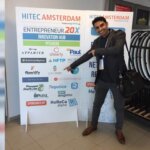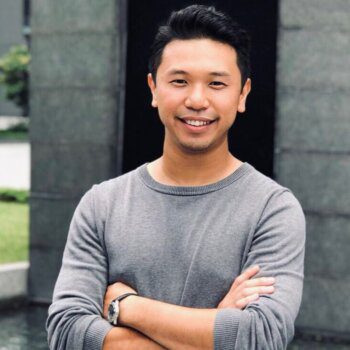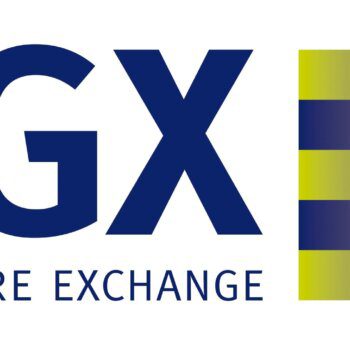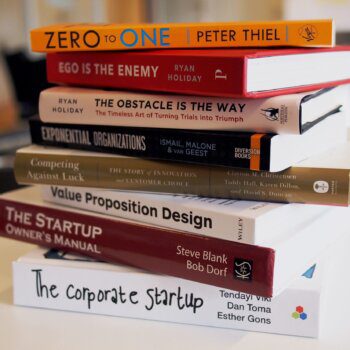David Jou was hand-plucked from NYC to be part of the next generation of e-commerce companies in Southeast Asia.
What’s your story?
I spent my childhood in various places across the globe. My childhood and early days were primarily in the US but I spent a lot of time in Germany and Korea. At university, I started my first company called The Boxing Co. in 2003, a company that provided shipping and storage services for university students across the US. It was a breakthrough moment for me and unbeknownst to me at the time, it started me on the path to entrepreneurship. After university I started my career at Bain & Co. in New York and then moved to the investment side focusing on private equity investments with New Mountain Capital, also based in New York. Bain taught me about the strategic questions top executives of leading global companies ask and how to go about creating value at the highest levels of management. At New Mountain I learned what makes companies strong financially and most importantly how they are valued. In other words, I learnt what drives value in the long term. Though both incredibly rewarding and prestigious, my itch to start a business drove me to start looking at more entrepreneurial opportunities. So I met the Samwer brothers of Rocket Internet, in 2011 in Midtown Manhattan lobby to discuss opportunities in Southeast Asia. The pitch was simple, Southeast Asia e-commerce was just getting started and they wanted to fund young entrepreneurs who wanted to be a part of building the next generation of e-commerce companies in Southeast Asia. After 2 years as managing director of Lazada, I decided to start Pomelo Fashion. That’s my story!
What excites you most about your industry?
Fast growth, perfect blend between creative, data, and technology.
What’s your connection to Asia?
I was born in Germany and hold an American passport, but my parents are Korean. I really loved Southeast Asia when I backpacked across it after college and am glad to finally be living here. I’ve also lived in Beijing and New Delhi.
Favourite city in Asia for business and why?
Singapore. Easy access to everywhere and enough greenery to keep things fresh!
What’s the best piece of advice you ever received?
Relax. Do things deliberately and hold those around you and yourself to a high standard, but always do it calmly.
Who inspires you?
Elon Musk.
What have you just learnt recently that blew you away?
I just found out that one’s brain can reliably only hold 4-6 pieces of information at any given time. Write it down if you don’t want to forget it!
If you had your time again, what would you do differently?
I’d spend less time and energy running around and more time on finding the right strategy.
How do you unwind?
Like to do yoga and ride my bike.
Favourite Asian destination for relaxation? Why?
I think Chiang Mai is very relaxing. Close to Bangkok, slow pace of life, good food and little humidity.
Everyone in business should read this book:
Scaling Up, How a few companies make it… and why the rest don’t, by Verne Harnish
Shameless plug for your business:
First digitally native vertical brand (DNVB) in the fast fashion space in Asia.
How can people connect with you?
Find me on LinkedIn! https://www.linkedin.com/in/davejou/
—
This interview is part of the ‘Callum Connect’ series of more than 500 interviews
Callum Laing is an entrepreneur and investor based in Singapore. He has previously started,
built and sold half a dozen businesses and is now a Partner at Unity-Group Private Equity and Co-Founder of The Marketing Group PLC. He is the author two best selling books ‘Progressive Partnerships’ and ‘Agglomerate’.
Connect with Callum here:
twitter.com/laingcallum
linkedin.com/in/callumlaing
Download free copies of his books here: www.callumlaing.com
































